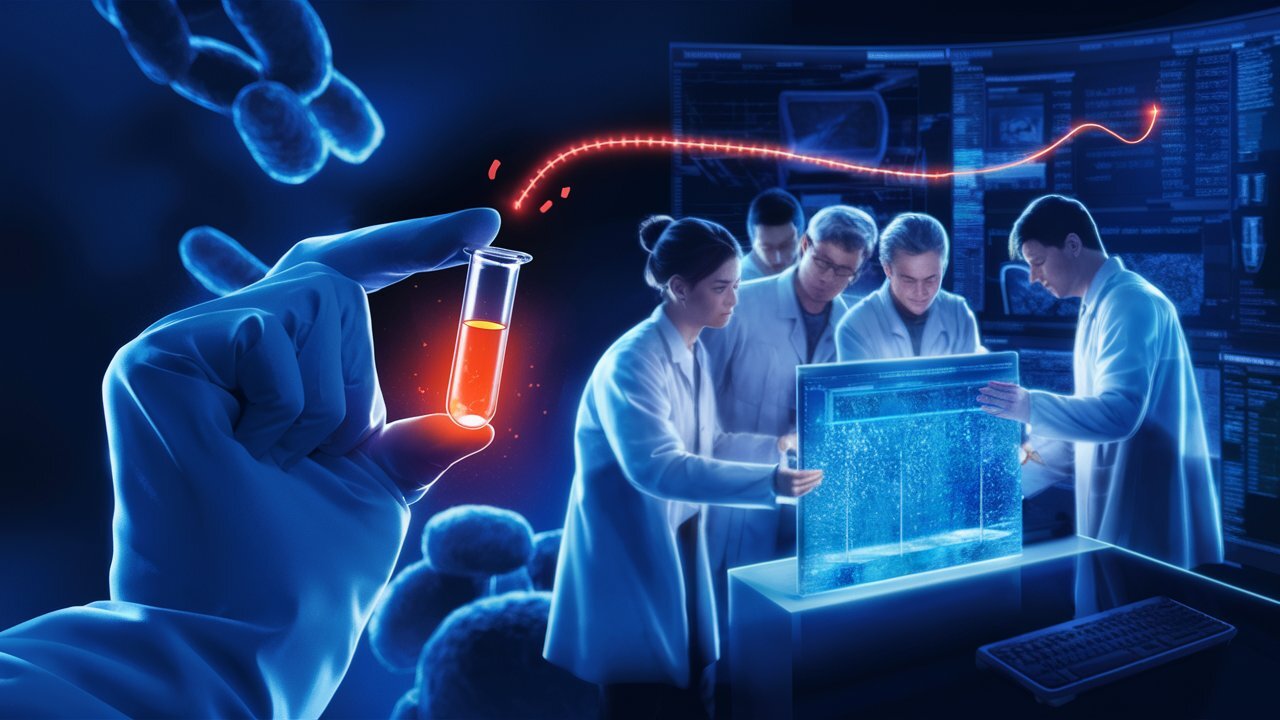Since the discovery of penicillin in 1928, antibiotics have made great progress in treating bacterial infections. However, bacteria quickly adapt to drugs, rendering many existing drugs ineffective. Bacteria called superbugs pose a threat to patients with chronic diseases and weak immune systems.
The scientists’ research focuses on the integron system, a molecular “tool” that bacteria use to exchange genes, including those responsible for antibiotic resistance. This system works on the principle of “cutting and pasting” genes using special recombinase proteins.
Scientists discovered that the rate at which bacteria become resistant to antibiotics depends on the strength of the bond between protein and DNA. The stronger this connection, the faster the bacteria adapt to the treatment. Using innovative microscopy techniques, they were able to measure the forces required to “unravel” these connections and show how the vulnerability in this process could be exploited to create new treatments.
Source: Ferra
I am a professional journalist and content creator with extensive experience writing for news websites. I currently work as an author at Gadget Onus, where I specialize in covering hot news topics. My written pieces have been published on some of the biggest media outlets around the world, including The Guardian and BBC News.










